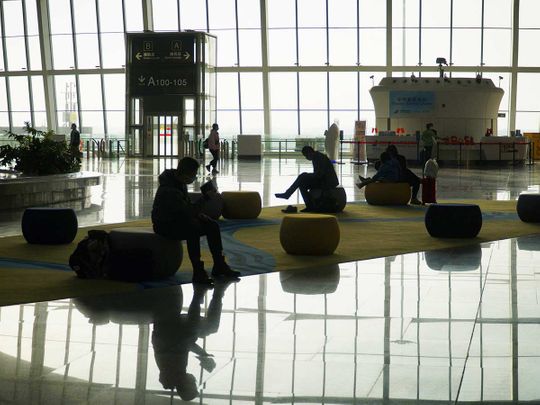
Dubai: Around 4.7 billion fewer passengers are expected to travel by the end 2021, representing a near 48 per cent fall in global passenger traffic, according to a report by Airports Council International (ACI). This will result in airports losing more than $94 billion this year, which is half of earlier expectations.
“Aviation recovery will not take-off without a coordinated and globally-consistent approach to vaccination and testing, coupled with safe and interoperable methods of sharing testing and vaccination information,” said Luis Felipe de Oliveira, ACI World's Director-General.
As prospects for a recovery begin to emerge, ACI World estimates that different regions will recover at different speeds. Markets having significant domestic traffic are expected to recover in 2023 to pre-COVID-19 levels, while those reliant on a significant share of international traffic are unlikely to return to 2019 levels until 2024 - or even 2025 in some cases.
A mid-year upturn?
ACI World said a health data trust framework to facilitate safe border reopening and cross-border travel must be established to support this recovery. “We hope an upsurge in confidence in air travel provided by vaccination and safety measures should result in the number of people traveling outside of their countries will start this spring... and significantly increase by mid-year,” said Oliveira.
Europe worst hit
Europe is forecast to remain the most affected region in absolute terms with revenues expected to be down about $38 billion for 2021, compared to 2019. In relative terms, the Middle East and Europe are forecast to suffer the biggest hits with decreases of 58.9 per cent and 58.1 per cent, respectively. Asia-Pacific is the region with comparatively the least impact - but it is still expected to experience a drop of 40.3 per cent against the projected baseline.
“COVID-19 remains an existential crisis for airports, airlines and their commercial partners and we need support," said Oliveira. "And sensible policy decisions from governments to ensure that aviation can fuel the global economic recovery.”








